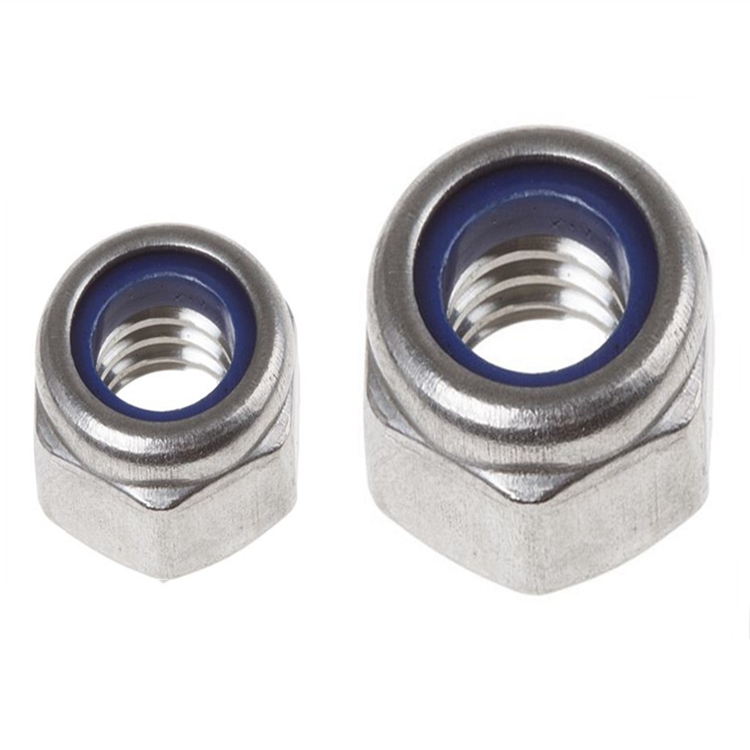stud bolt and nut production solutions from trusted manufacturers worldwide
Nov . 26, 2024 21:06 Back to list
stud bolt and nut production solutions from trusted manufacturers worldwide
Understanding Stud Bolt and Nut Manufacturers A Comprehensive Overview
In the vast landscape of industrial hardware, stud bolts and nuts play a crucial role in ensuring the integrity and strength of various structural and mechanical applications. Manufacturers specializing in these essential components contribute significantly to multiple industries, including construction, automotive, aerospace, and heavy equipment. This article explores the importance of stud bolts and nuts, the manufacturing process, and the factors that set reputable manufacturers apart.
What are Stud Bolts and Nuts?
Stud bolts are long fasteners with external threads on both ends, designed to be inserted through a hole and secured with nuts on both sides. They are primarily used in high-strength applications where a strong connection is crucial. The nuts used with stud bolts come in various sizes and thread types, tailored to accommodate the specific requirements of different applications.
The primary functions of stud bolts and nuts include securing structural components, enabling load bearing and weight distribution, and facilitating easy disassembly for maintenance purposes. They are often used in flanged connections, allowing for the easy assembly and disassembly of machinery and piping systems.
The Manufacturing Process
The process of manufacturing stud bolts and nuts involves several key steps
1. Material Selection High-quality manufacturing begins with selecting the right materials. Common materials for stud bolts and nuts include carbon steel, stainless steel, and alloy steel. The choice depends on the application’s environmental conditions, load requirements, and corrosion resistance needs.
2. Forming and Shaping The selected materials are then shaped into the desired forms through various methods, including forging, machining, and cold forming. Forging, in particular, enhances the material's strength and durability, making it a popular choice for high-performance applications.
3. Threading After shaping, the next step is to cut threads onto the bolt. This can be achieved through various techniques, such as rolling or machining. The thread design and pitch are critical as they determine the load capacity and gripping ability of the stud bolt.
4. Finishing Once the studs and nuts are formed and threaded, they undergo finishing processes like heat treatment, plating, or coating. These processes enhance the components’ strength, longevity, and resistance to environmental factors such as rust and corrosion.
stud bolt with nut manufacturer

5. Quality Control Reputable manufacturers implement stringent quality control measures to ensure that their products meet industry standards. This includes inspecting dimensions, mechanical properties, and surface finishes. Certification from recognized quality standards organizations provides assurance of the product's reliability.
Choosing the Right Manufacturer
When selecting a stud bolt and nut manufacturer, several factors should be considered
1. Experience and Reputation Look for manufacturers with a proven track record in producing high-quality fasteners. Established companies often have the expertise and resources to deliver superior products.
2. Certifications Check if the manufacturer holds relevant certifications, such as ISO 9001. These certifications indicate a commitment to quality management systems.
3. Customization Options Not all applications are the same, so the ability to provide customized solutions is a significant advantage. A good manufacturer should be able to work with clients to produce tailored products that meet specific requirements.
4. Customer Support Effective communication and customer support are vital for addressing any inquiries or concerns. A responsive manufacturer is more likely to foster a successful partnership.
5. Cost-Effectiveness While quality should never be compromised, finding a manufacturer that offers competitive pricing can significantly impact the overall project budget.
Conclusion
Stud bolts and nuts are indispensable components in numerous sectors, and the choice of a reliable manufacturer can greatly influence the success of your projects. By understanding the manufacturing process and what to look for in a supplier, businesses can ensure they are equipped with the best fasteners for their needs, ultimately leading to enhanced safety and performance in their applications.
Latest news
-
High-Quality Panel Stud Bolt Reliable Panel Stud Bolt Factory & Suppliers
NewsJul.08,2025
-
High-Precision Fine Thread Locknuts Manufacturer & Supplier Custom Solutions
NewsJul.08,2025
-
PH Imperial Stud Bolt – High Strength Fasteners from Leading Supplier & Factory
NewsJul.07,2025
-
High-Quality Allen Wrench Bolts Leading Factory, Company & Suppliers
NewsJul.07,2025
-
Wholesale Ball Stud Bolt - High Quality Supplier & Factory Price Reliable Wholesale Ball Stud Bolt Company
NewsJul.06,2025
-
High-Strength Alloy Bolts Manufacturer & Supplier Quality Alloy Fasteners Factory
NewsJul.06,2025
